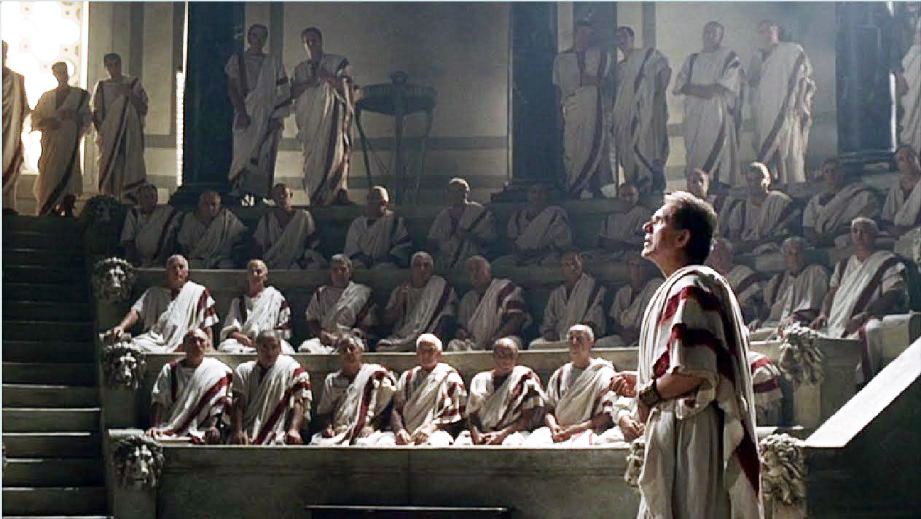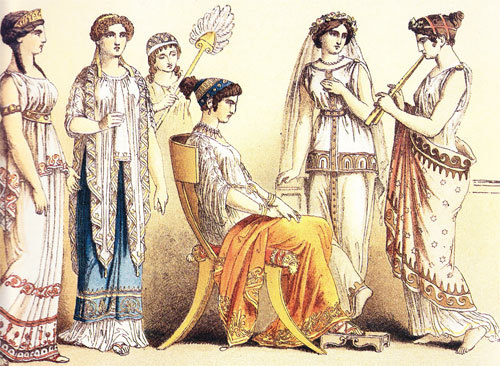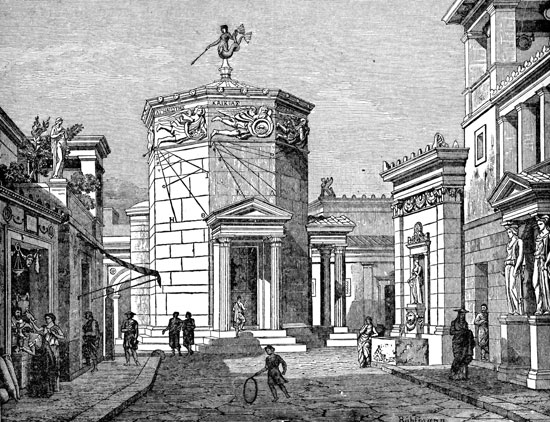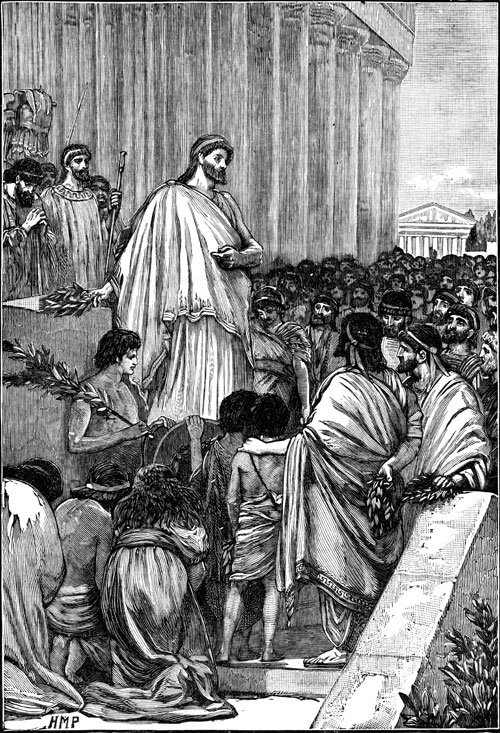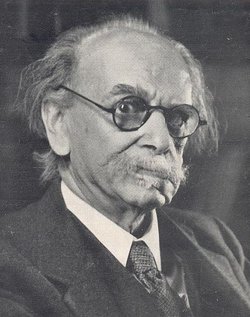Editor’s note. This is exactly what contemporary white nationalists, unlike those American eugenicists of yore, are still unwilling to acknowledge.
This should be the ABC of racial studies, but when will nationalists be willing to travel with the Raven and learn the lessons of the remote past?
As the prosperity of Athens grew, more and more foreigners crowded into Attica, with intermarriage inevitably occurring. A temporary halt to the pollution of the Athenian citizenry by the offspring of aliens came in 451 B.C., when the great Pericles pushed through a law restricting citizenship to those born of an Athenian father and an Athenian mother. Only four decades later, however, in order to make up the enormous losses suffered in the Peloponnesian War, Athens bestowed citizenship on tens of thousands of foreigners.
And in the fourth century, although the citizenship law of Pericles remained on the books, every variety of Levantine mongrel was claiming Athenian citizenship. The banking industry of Athens, for example, was entirely in the hands of Semites, who had taken Greek names and were awarded citizenship for “service to the state,” much in the way Jews and Negroes have been elevated to the British “nobility” by the score in recent decades.
Intermarriage was rife, and the darkening of the Hellenes of Athens was well under way. Racial, moral, and cultural decline went hand in hand. The second-century historian Polybius described his countrymen as “degenerate, pleasure-seeking beggars, without loyalty or belief, and without hope for a better future.”
In the reign of Augustus, the Roman writer Manilius reckoned the Hellenes among the dark nations (coloratae genies). And so the Athenians, like the Spartiates, passed from the pages of history.
If it is difficult to believe that as great a state as Athens could pass from Nordic genius and glory to mongrelized squalor in a few centuries, just think for a moment of the racial transformation of America which has taken place in a single century. And imagine what America will be like two or three centuries hence (barring a White revolution), when Whites are a minority, outnumbered by both Blacks and Chicanos. America’s technology and industry may coast along for a century or two on the momentum acquired from earlier generations, as Athens’ culture did, but the American people—the real Americans—will have passed from the pages of history.
The passing of the Hellenes must be regarded as one of the greatest tragedies of our race. A great-hearted and noble people, filled with genius and energy, they seized upon the resources in labor, material, and land which their conquest of the conservative Mediterranean world offered, and they wrought one of the most progressive civilizations this earth has yet seen. Indeed, many of their creations remain unsurpassed to this day.
This catastrophic mixing of bloods has occurred over and over again in the history and prehistory of our race, and each time it has been lethal. The knowledge of this has been with us a long time, but it has always failed us in the end. The Hellenes of Sparta and Athens both strove to keep their blood pure, but both ultimately perished. The only way they could have survived would have been to eliminate the entire indigenous population, either through expulsion or extermination, from the areas of the Mediterranean world in which they settled.
___________________
Note: The above quotations of William Pierce’s book are contextualized in The Fair Race’s Darkest Hour (available: here). If life permits, next Tuesday I will comment on another passage from the history of the white race coming from the pen of the American ‘Raven’.

